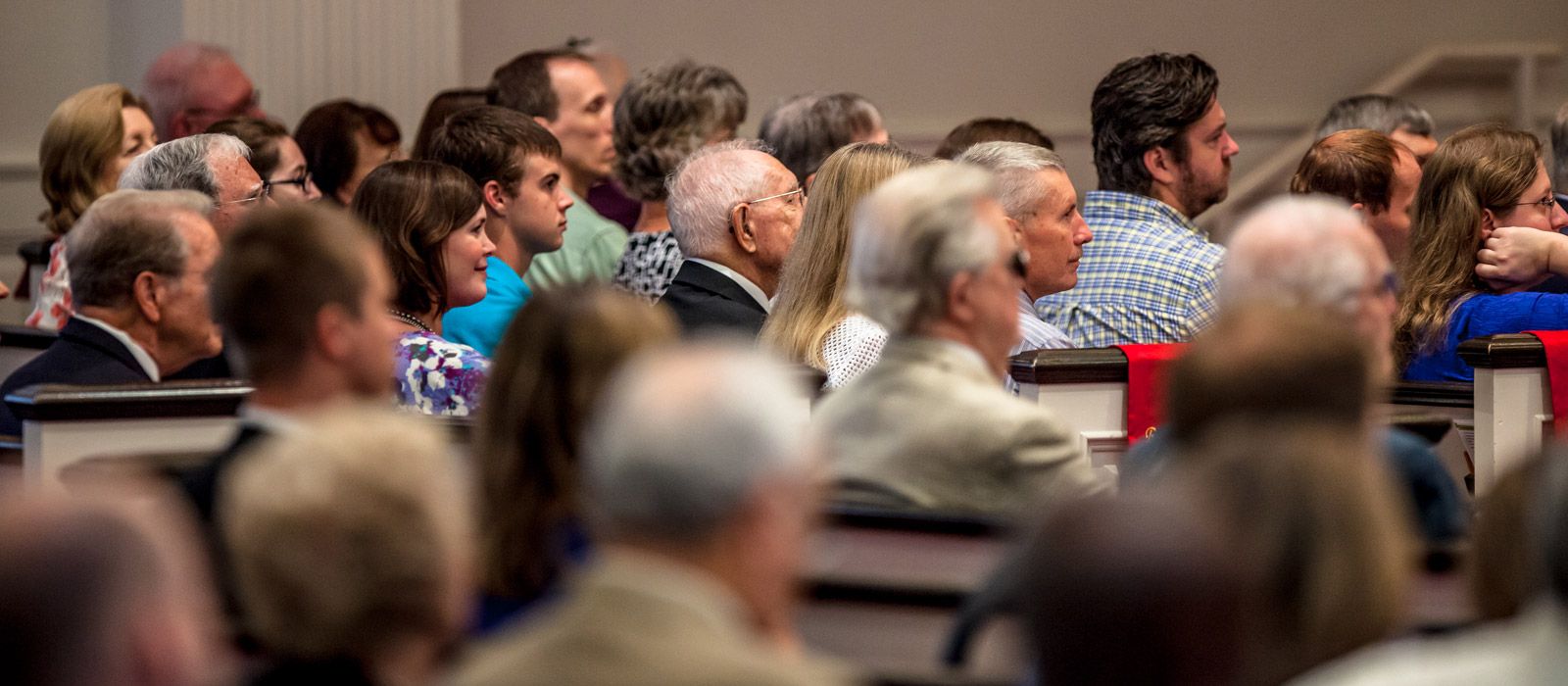THE BELIEVER’S CRY
Psalm 121 begins with the believer’s cry. “I will lift up my eyes to the mountains; From where shall my help come? My help comes from the LORD, Who made heaven and earth.” In other words, “I’ve set off on this life of faith. I have begun to put one foot in front of the other as I follow Jesus. Now I need to know where to go, what to do, and what the path of blessing is. I need to know what my life is supposed to be all about, where salvation and wholeness are found, and what it means to be a part of the people of God. So I look up and around for answers because I need help.”
If you were a believer in Israel when Psalm 121 was written, when you would look up you would see mountains off in the distance (really glorified hills, but mountains as far as you would be concerned). If you’ve ever seen mountains, you know they are majestic and stirring. Mountains are pictures of strength and a firm foundation. This is why so many of us like to spend time in the mountains or draw inspiration from them.
But if you were a believer in Israel at that time, you would look up to the mountains and see not only strength and majesty but something else as well, something darker. During that time, Israel was overrun with pagan worship, and much of this idolatry was practiced on the hilltops. They gave lip-service to being God’s people, people of the covenant, and to looking to God’s Word for answers to what life was all about. There weren’t many, however, who were following God and turning to him for help and answers.
Instead, shrines and altars were set up on those hilltops. Groves were planted, pillars were built, and people would go there to engage in acts of “worship” that would supposedly bless them, bless their crops grow, make them feel good about themselves, or protect them from evil. If you wanted to connect to something spiritual, if you wanted security, or if life didn’t make sense and you just didn’t know what else to do, you could go to the mountains. By paying a priest, getting an amulet, chanting a spell, performing a ritual, or making a sacrifice, you could find all kinds of worldly answers in response to questions such as where should we go, what should we do, what is the way of blessing, where is salvation and wholeness found, and what does it means to be the people of God.
Which is why this must be the believer’s cry: I look up and see the mountains and they might offer some kind of help but my help doesn’t come from there. I won’t find answers to my questions there. My help and my answers come from God, my Creator, and Redeemer, the one who made the mountains, the maker of heaven and earth. Jesus is the way, the truth, and the life. I must set my eyes upon him and look to his Word, no matter what the mountains might say or offer. And when we ask, we have the assurance of God’s answer. When we seek, we have the assurance of finding God’s help. When we knock, we know God opens the door.
As the rest of Psalm 121 reminds us, God will not allow our foot to slip and he will not slumber nor sleep. He is our keeper and the shade at our right hand. He protects us from evil. He keeps our souls. He guards our going out and coming in from this time forth and forevermore. When we need help and answers, when we need anything, we can and we must cry out to him.


